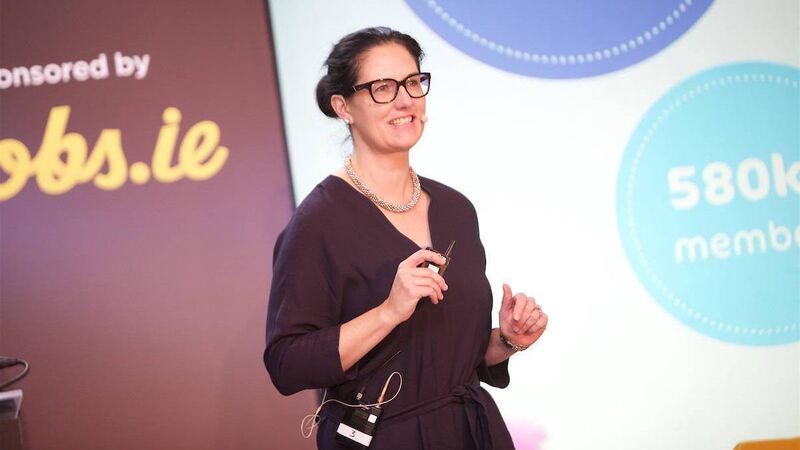Employers turn their focus on staff wellbeing, says Laya expert

Sinead Proos, head of health and wellbeing, Laya Healthcare.
PHYSICAL and mental well-being of employees is becoming increasingly important for employers as companies edge towards a return to the workplace.
New research released by laya healthcare shows that one in three employees in Ireland are classed as vulnerable to covid-19 impacts, with an underlying health condition such as asthma, diabetes or cardiac issues.











